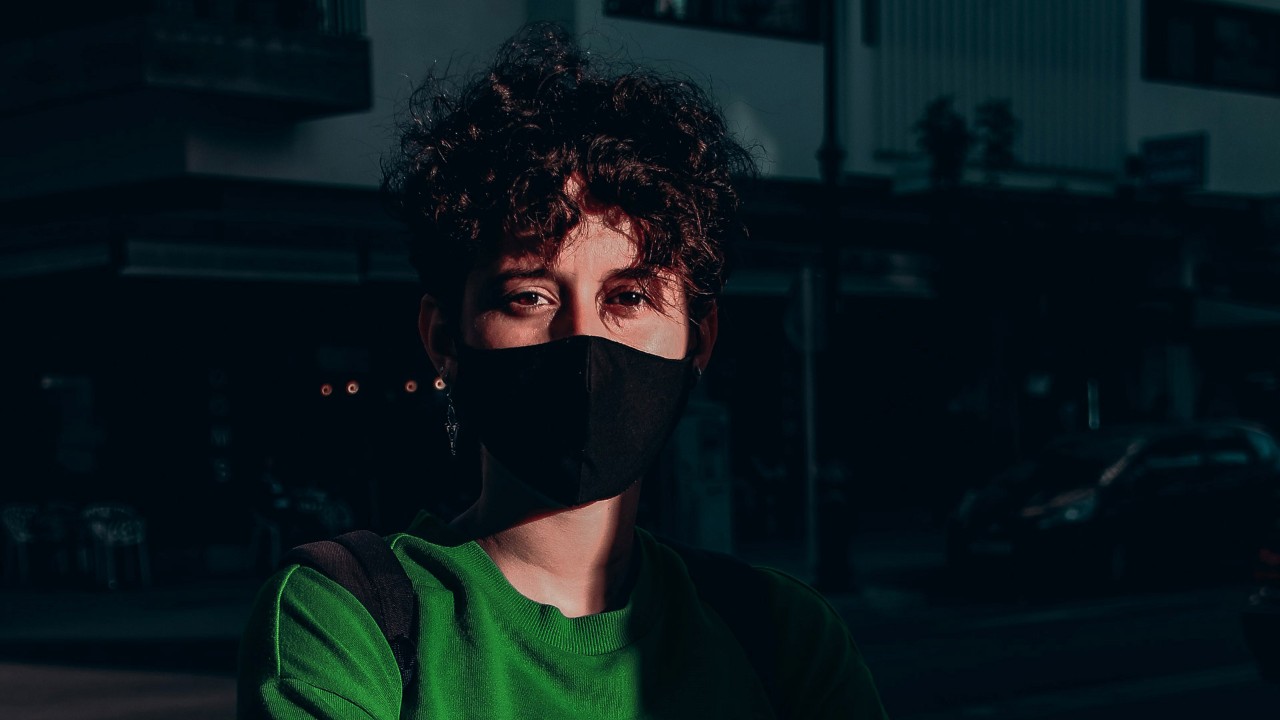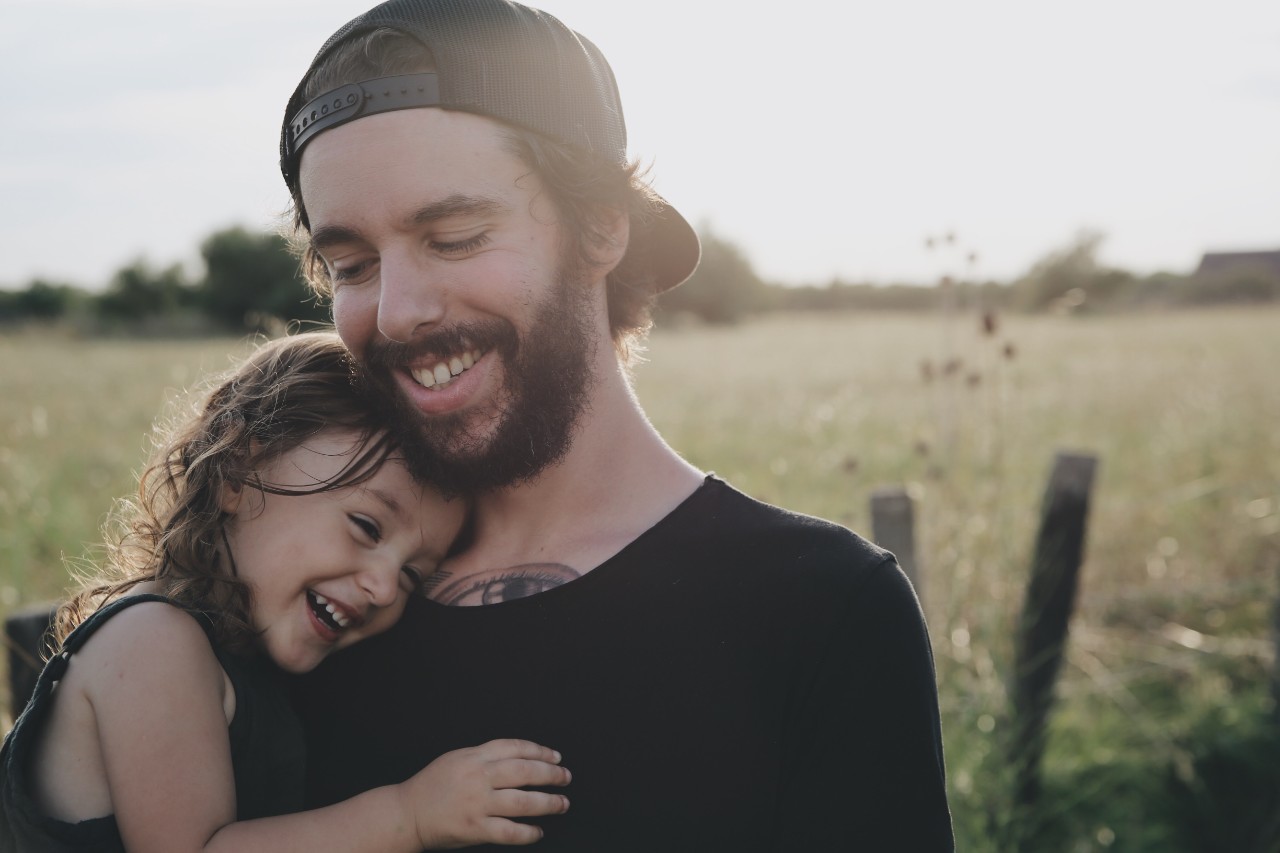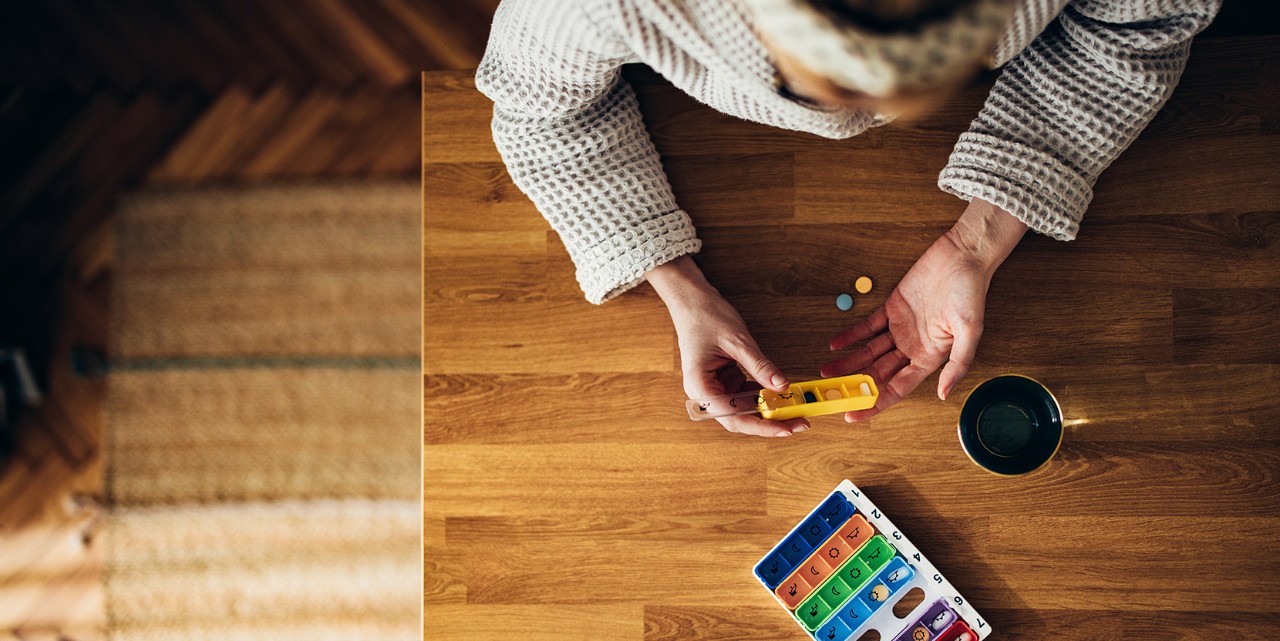Long COVID: symptoms and treatment
What is known about the long-term effects of COVID-19? Epidemiologist Milo Puhan on the current findings of long COVID research.

It’s all in your head: What would you say to sceptics who claim that long covid What do you say to them?
The facts speak for themselves. People who have caught other viruses have also been known to suffer from post-viral fatigue syndrome, this is nothing new. The sheer number of those affected may have something to do with why this form seems to be particularly severe and easier to recognise. We’re talking about more than two million people in Switzerland! The scale is unprecedented.
What do we know at present about long COVID and what are the symptoms?
We know that it is an extremely varied syndrome with different symptoms or combinations of symptoms. Some people who have had an acute COVID-19 infection simply continue to suffer from the same symptoms. Others, including those with mild symptoms or none at all, are suddenly bombarded with health issues such as persistent shortness of breath, chronic fatigue and joint and muscle pain.
How many people are affected by long COVID?
We estimate that around 20 to 25% of those who have had COVID-19 will suffer from long COVID symptoms three months after the infection. After six months, the figure is still around 15 to 20 percent - across all infected persons and degrees of impairment. In other words, some of them will only have mild symptoms for a long time to come, while others will have severe limitations.
Do we know who is most affected?
Women are affected significantly more than men. There is no real explanation for this at the moment. Men, for example, tend to experience more severe COVID-19 symptoms, Women, on the other hand, have a slightly better chance at the beginning because their immune system may react more strongly to the infection. But they are generally more susceptible to autoimmune diseases, which are sometimes triggered by viruses. The strong immune response then suddenly turns on itself. However, perhaps women are better at noticing symptoms. It is likely to be a combination of both.
“We have observed that many people are reluctant to see a doctor. Why? Because they don’t think they will be taken seriously.”
So the long-term effects of COVID-19 could be a form of autoimmune disease?
That is one theory, but so much is unclear. What symptoms are associated with an acute COVID-19 infection and which exist because of the immune response or due to a new autoimmune reaction? The answers to these questions would, of course, be important in terms of prevention and therapy. I’m confident that we will know a lot more in the coming months.
Mental, physical and spiritual fatigue are some of the most common symptoms of long COVID. What should you do if you feel completely overwhelmed by everyday life? The four Ps can help you to adjust: Prioritise, Plan, Pause, stay Positive. These four steps are vital:
- Be aware of your own current limitations: physically, mentally, socially and emotionally.
- Set a warning signal in each of these areas
- and accept your current limitations.
- Speak about your limitations and let others help.
Controversial topic: How often do children suffer from long COVID?
We don’t know a lot about the effects on children. Across Switzerland, a severe long-term course is reported in two to three percent of all children. An Italian study claims that roughly 40% of children in Italy who experienced severe symptoms continued to do so afterwards. But this is all a bit doom and gloom as only very few children end up in hospital. The vast majority of children experience no symptoms at all or, at worst, mild ones. We have no reliable information about them in terms of long COVID. Nevertheless in the fight against COVID-19, we mustn’t forget the children. Imagine that As we know, children will be last to be vaccinated. It would be dreadful if our youngsters suddenly start suffering from long COVID. That would be very bad.
Does the vaccination help protect against long COVID? Should those who have already had COVID-19 be prioritised?
It remains to be seen how beneficial the vaccination is in this instance, which makes it difficult to prioritise people with long COVID. I’m hoping that the vaccination campaign will step up a gear now and that everyone who wishes to have the vaccine will soon be able to.
You’ve seen the studies. Has anything come as a surprise to you?
The range of study results is so wide that almost nothing surprises me anymore. Just this much: so far there is very little evidence on socio-economic factors. We have practically no data on this from Switzerland. a large proportion of the working population in England claim that they have experienced health problems after COVID-19, with some not even fully able to work. There is talk there of 50 to 70 percent! These numbers seem absurdly high. I am curious to see the results of the long COVID study in Switzerland and I hope the numbers here are significantly lower.

Milo Puhan is professor for epidemiology and public health at the University of Zurich and director of the Institute for Epidemiology, Biostatistics and Prevention. Milo Puhan is a co-founder of the Corona Immunitas Initiative, a research programme, that investigates the spread and impact of COVID-19.


